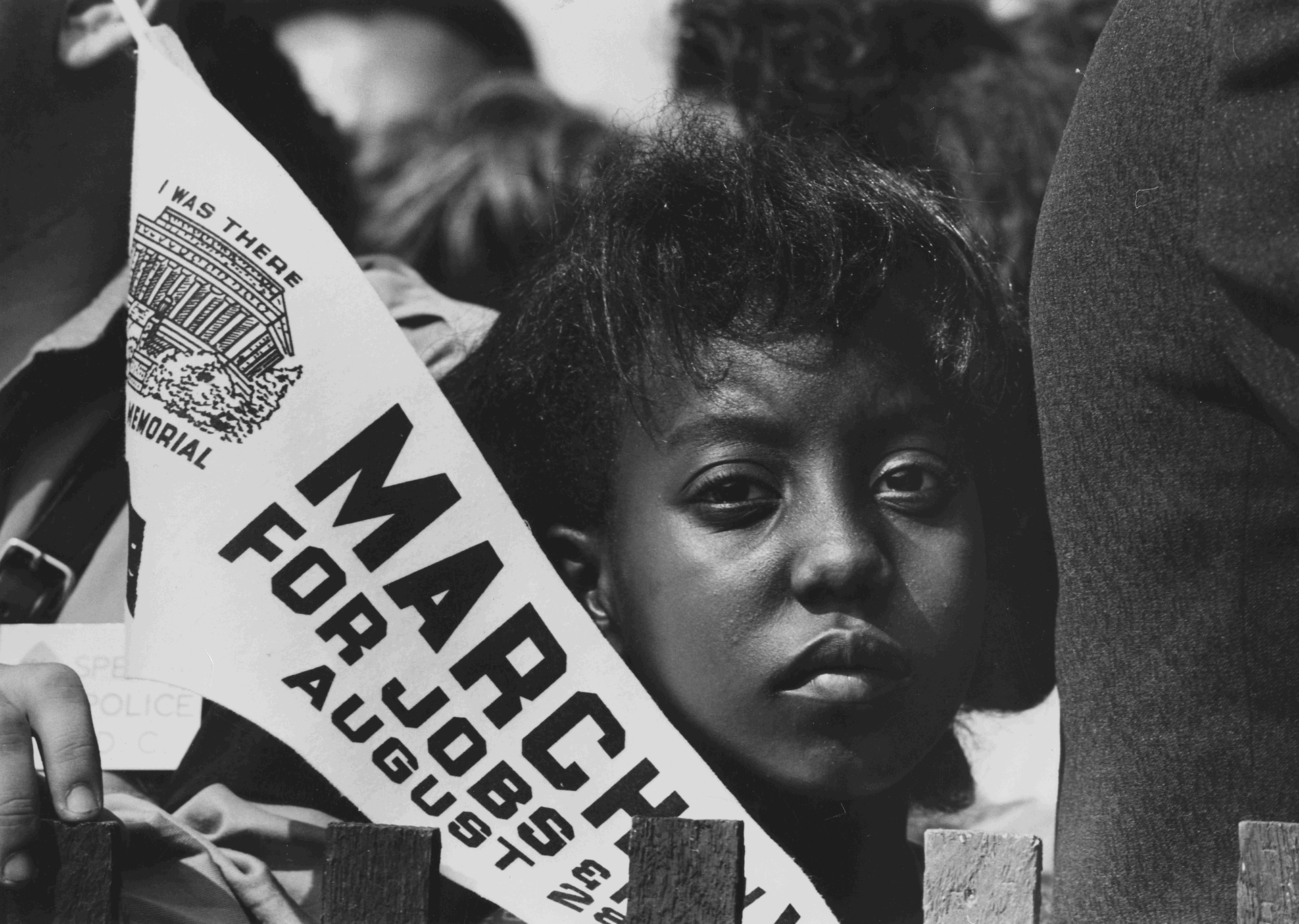I also went to the screening of Little White Lie, the documentary about Lacey Schwartz who was raised in a Jewish family and was convinced she was white up until her later high school years. Lacey’s mother convinced her of this in order to hide an affair she had had. Lacey eventually found out that she was black and that her mother had had an affair with a black man. After the documentary Schwartz actually held a Q and A session with students.
A small part of the documentary talked about how Schwartz used to press her hair in order to fit in with her majority white classmates. At first, I didn’t give much thought to it and figured she just wanted to fit in. During the Q and A, a student asked Schwartz about her hair and how now she almost always wears her natural hair. Schwartz replied to the student and talked about how much power she felt when she finally decided to just wear her natural hair. I thought this was interesting because I had never really thought about something as simple as hair being able to empower someone and make them feel so much stronger.
After the documentary and when I began reading Ashley Farmer’s book, with the idea fresh in my mind I came across the section in which Farmer is describing an article Judy Hart wrote in which she called for black women to reject white cultural standards by simply not pressing their hair anymore. After reading this I realized just how important hair can be and thought it was interesting that just simply wearing your natural hair could mean so much.
Before watching the documentary and reading Farmer’s book, this was something I had not thought much about but now it is clear that the way you wear your hair can have a powerful meaning. For Schwartz, it was her way of saying she accepted who she really was and is proud to be herself. For black women, during the civil rights movement, it was a way for them to stand up against white standards and gave them the power to be themselves.
